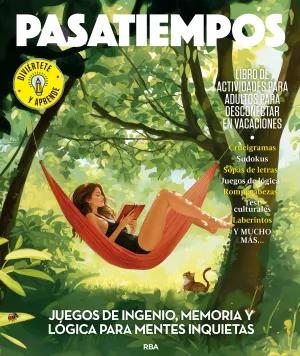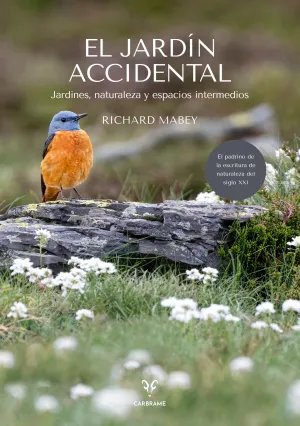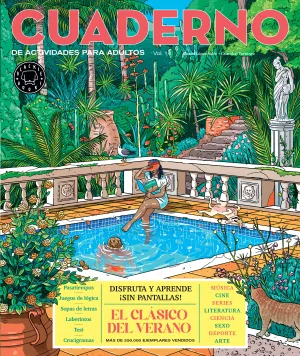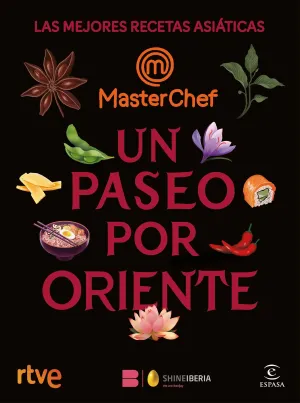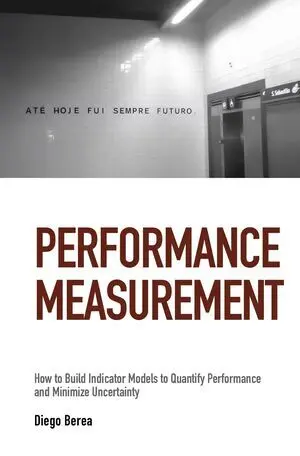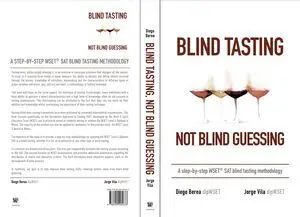
- Editorial:
- EDITORIALES VARIAS-AUTOR EDITOR
- Any d'edició:
- 2023
- Matèria:
- Gastronomia / ocio
- ISBN:
- 978-84-09-40563-3
- PÃ gines:
- 200
BLIND TASTING, NOT BLIND GUESSING
A STEP-BY-STEP WSET SAT BLIND TASTING METHODOLOGY
BEREA CABALEIRO, DIEGO
Tasting wine, unlike simply drinking it, is an exercise in conscious attention that engages all the senses. To excel at it requires three things in equal measure: the ability to identify and define stimuli received through the senses; knowledge of viticulture, winemaking and the characteristics of different types of grape varieties and wines; and, last but not least, a methodology or tasting technique.
This book will focus on the latter aspect; the technique of tasting. Frustratingly, many individuals with a keen ability to perceive a wine's characteristics and a high level of knowledge often do not succeed in tasting examinations. This shortcoming can be attributed to the fact that they rely too much on their abilities and knowledge whilst overlooking the importance of their tasting technique.
Various blind wine tasting frameworks have been published by renowned international organisations. This book focuses specifically on the Systematic Approach to Tasting (SAT) developed by the Wine & Spirit Education Trust (WSET) and is primarily aimed at students aiming to achieve the WSET Level 4 Diploma in Wines. As explained in Chapter 10, the majority of the content can also be applied to candidates for the previous level, the WSET Level 3 Award in Wines.
The objective of this book is to provide a step-by-step methodology for applying the WSET Level 4 Diploma SAT to a blind tasting, whether it is for an examination or any other type of wine tasting.
Its contents are divided into three parts. The first part sequentially presents the tasting phases according to the SAT. The second focuses on WSET examinations and provides additional information regarding the distribution of marks and allocation criteria. The third introduces more advanced aspects, such as the development of wine memory.
In summary, our goal is to help improve blind tasting skills, steering tasters away from mere blind guessing.


